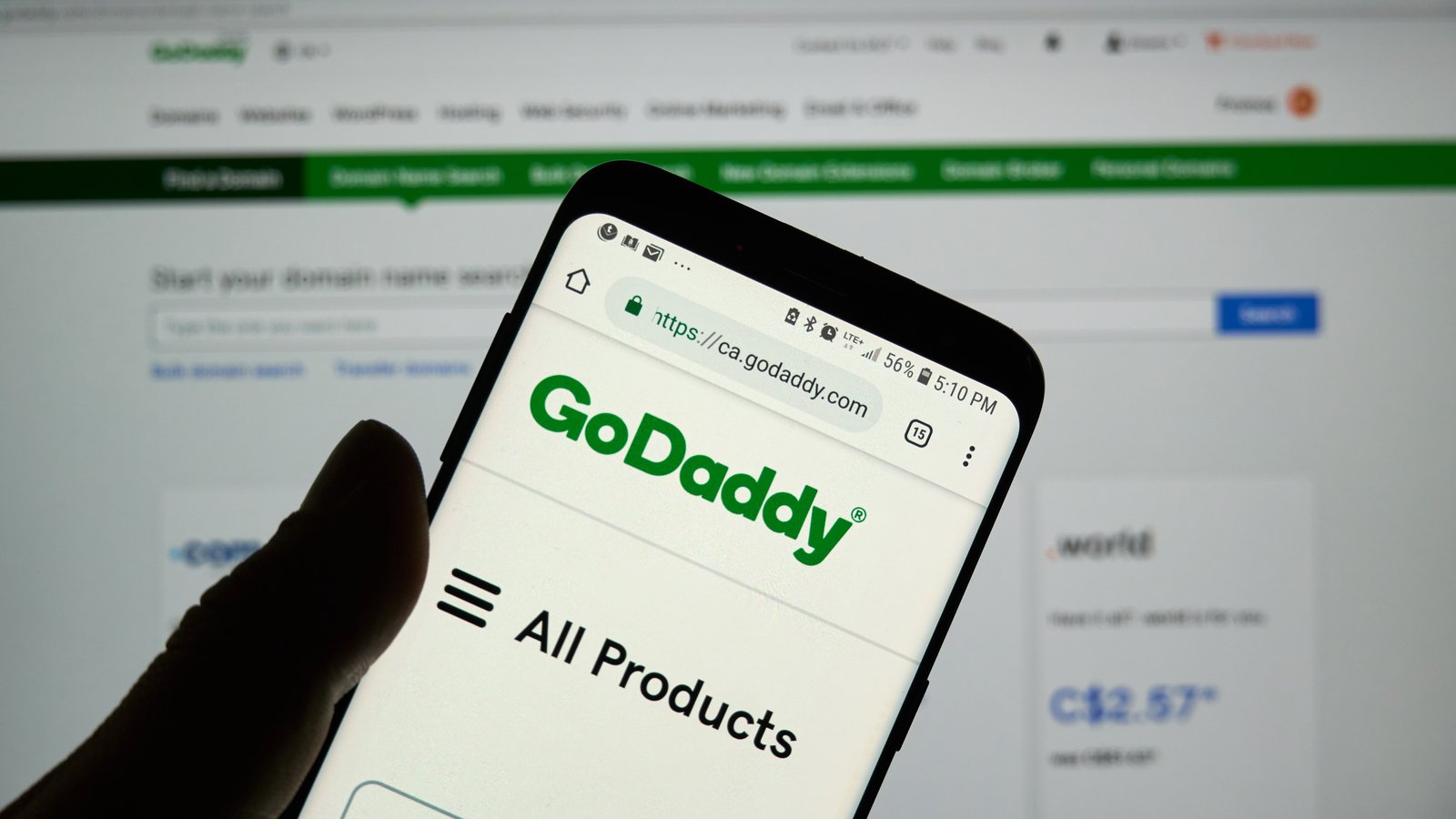GoDaddy (NASDAQ:GDDY) is a U.S. domain registrar and web hosting company. It is also a very profitable company with over a 23% return on equity in 2019. GoDaddy stock is very cheap compared to its peers and deserves another look by value-based investors.

GoDaddy’s domain bookings and average revenue per user (ARPU) have been growing nicely over the past several years. Moreover, its free cash flow (FCF) is very strong.
For example, last year, its FCF was over $635 million, and for the 12 months ending on June 30, FCF rose to $691.4 million. That is an increase of 8.88%. Moreover, as I will show below, GoDaddy’s FCF yield is better than its peers.
GDDY’s Valuation Is Better Than Peers
I like GoDaddy stock for one simple reason. It is an arbitrage play on the valuations of its peers. For example, GDDY has a forward price-earnings ratio of just 55 times 2020 expected earnings. But some of its peers have massively higher valuations.
For example, Wix.com (NASDAQ:WIX) has a forward P/E of 244 times. Zendesk (NYSE:ZEN) is at 185 times and HubSpot (NYSE:HUBS) is at 333 times.
The average of these three forward P/E ratios is 262 times 2021 earnings. I decided to discount these by 75% just to be conservative. Therefore, the target P/E in my valuation for GDDY stock is roughly 65.7 times.
Even with that significantly lower P/E valuation, my target price for GDDY stock is $312.57. This is based on 2021 expected earnings of $4.12 per share. That target price implies a potential upside of over 300% from its present price.
Using FCF Yield to Compare
Let’s look at the comparison another way. Based on GoDaddy stock’s $13.1 billion market value, its FCF yield is very high at over 5.27%. It generated $691.4 million in FCF over the last 12 months, based on data from Seeking Alpha.
But Hubspot made just $8.7 million in FCF over the last 12 months. It has an $11.78 billion market value. So its FCF yield is much lower than GoDaddy’s at just 0.07%.
Wix’s FCF is more substantial than Hubspot’s but still much lower than GoDaddy’s. Let’s see. Wix generated $172.3 million in the last 12 months to June. But its market cap at $15.2 billion is $2.2 billion more than GoDaddy’s. Wix’s FCF yield is just 1% compared to GoDaddy’s 5.3% FCF yield.
Zen produced negative FCF over the past year, but it still has a $10 billion market cap. You get my point. GoDaddy should have at least a 1% FCF yield to be comparable to its peers.
So if we take $691 million in FCF and divide it by 1%, the target market value for GDDY stock should be $69.1 billion. Today GoDaddy’s market cap is $13 billion.
Even if we were conservative and took just 40% of that amount, its market cap should be $27.64 billion. That would still be 111% higher than today’s price. The target price would be $164.32 per share, rather than $77.88 today.
What to Do With GoDaddy Stock
Based on relative P/E comparisons GoDaddy stock should be at $312.57 and based on FCF yield, it should be at 164.32. The average of these two is $238.45 per share. That represents a potential gain of 200% over today’s price.
By now it should be obvious what you should do with GoDaddy stock. It could easily triple over the next year or two. Even if it took two years for that to happen, the compounded average annual gain would be 73.2% for each of the next two years.
In fact, even if took three years for GoDaddy to triple in value, its average annual compounded return would be 44.2% each of the three years. These are substantial returns to the average patient investor.
Therefore, I suggest that most investors give GoDaddy a chance for a part of their portfolio given its huge potential upside. This is based on its comparable value with its peer stocks.
As of this writing, Mark Hake, CFA does not hold a position in any of the aforementioned securities. He runs the Total Yield Value Guide which you can review here.
